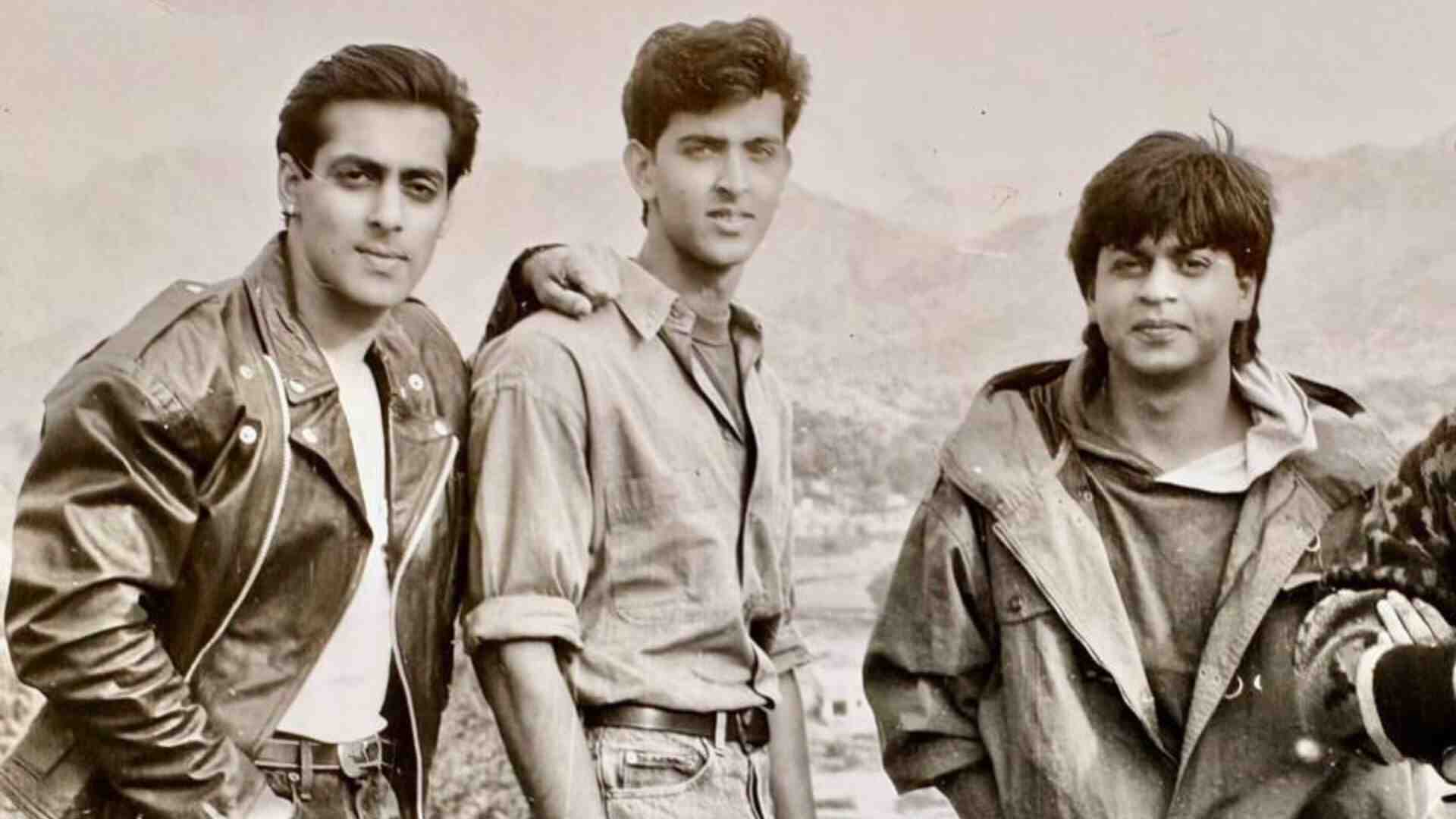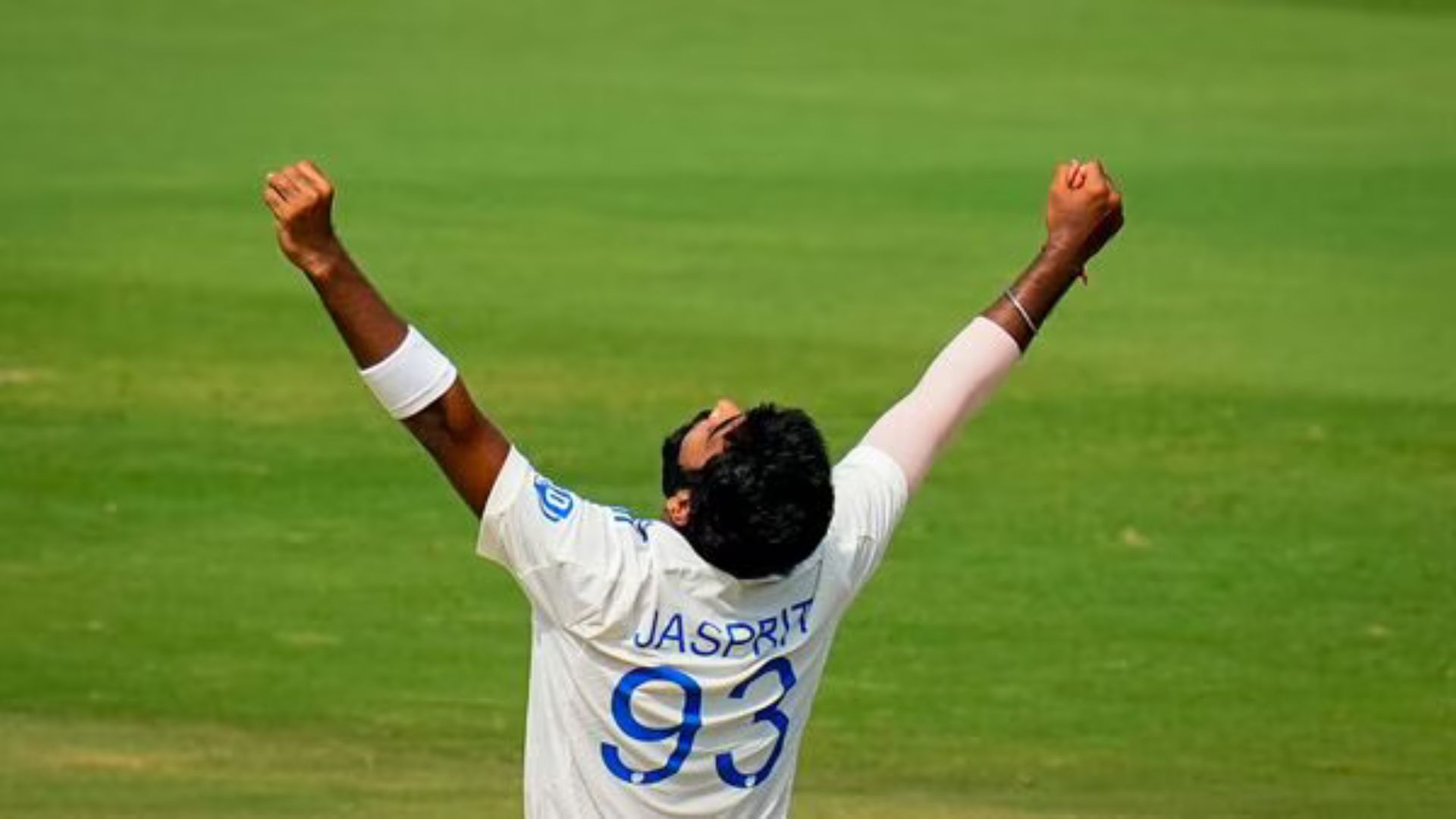
New Delhi – India’s former Permanent Representative to the United Nations, Ruchira Kamboj, spoke at the second edition of the Chanakya Defence Dialogue, shedding light on India’s long-standing principled role in global matters. Addressing the theme of “Shaping the Global Agenda: India’s Multilateral Mandate,” she emphasized India’s growing soft power as a “significant force” shaping international discourse.
“India’s soft power has become a significant force in shaping global discourse,” Kamboj remarked, underscoring the nation’s unique approach to multilateralism as a form of moral leadership rather than power politics.
Kamboj highlighted India’s historical stance on issues like apartheid and decolonization, emphasizing the country’s role as a voice for the marginalized. She noted that India was instrumental in bringing apartheid to the UN agenda long before it was widely recognized as a human rights issue.
“India was the very first country to bring apartheid to the agenda of the United Nations,” she stated. “We took a principled stand against apartheid and championed the decolonization movement, setting the stage for larger global involvement in anti-apartheid efforts.”
At the heart of India’s multilateral approach, Kamboj explained, is an emphasis on moral authority over power politics. She credited India’s founding leaders for envisioning a diplomatic role that prioritized ethical stances over coercion or domination.
“India’s approach to multilateralism has never been about power politics,” Kamboj said. “It has been about moral leadership and walking the talk. This remains unchanged to date.”
Kamboj’s address came at the Chanakya Defence Dialogue, hosted by the Indian Army and the Centre for Land Warfare Studies (CLAWS). This year’s dialogue theme, “Drivers in Nation Building: Fuelling Growth Through Comprehensive Security,” brought together defense experts and policymakers to discuss India’s evolving global role.
The former envoy’s insights not only reflected India’s historic commitment to peace and equality but also underscored the growing influence of India’s soft power in shaping a multipolar world that respects diversity and upholds the voices of the marginalized.















